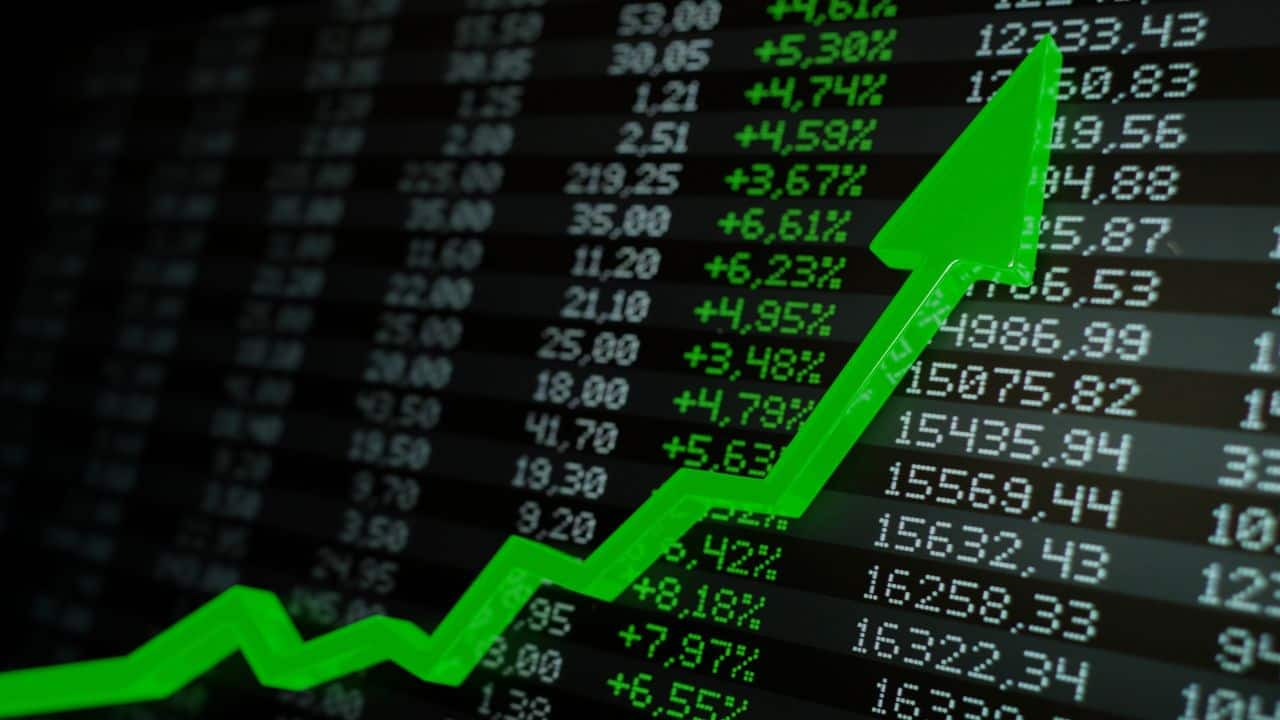Can Tokenized Carbon Credits Unlock a Sustainable Future? JPMorgan Chase's Blockchain Push

The Rise of Tokenized Carbon Credits: A New Era for Green Finance
The world is facing an unprecedented climate crisis, and the demand for effective carbon offsetting mechanisms is higher than ever. Traditional carbon markets, while a step in the right direction, have often been plagued by issues of transparency, traceability, and liquidity. Enter blockchain technology and the innovative concept of tokenized carbon credits – a potential game-changer for the green finance landscape. Leading the charge is JPMorgan Chase, a major player in the financial world, who is significantly accelerating its foray into Decentralized Finance (DeFi) with this very approach, adding another layer to the growing trend of Real World Asset (RWA) tokenization.
What are Tokenized Carbon Credits?
Simply put, tokenized carbon credits represent verified carbon offsets stored on a blockchain. A carbon offset represents a reduction or removal of one metric ton of carbon dioxide or its equivalent from the atmosphere. These offsets are typically generated by projects that reduce emissions or remove carbon from the atmosphere, such as reforestation initiatives, renewable energy projects, or carbon capture technologies. By tokenizing these credits, they are transformed into digital assets that can be easily traded, tracked, and verified on a blockchain.
Why Blockchain? The Benefits are Clear
The use of blockchain offers several key advantages over traditional carbon credit systems:
- Transparency: Every transaction related to a carbon credit is recorded on the blockchain, providing a transparent and immutable audit trail.
- Traceability: The origin and history of each carbon credit can be easily tracked, ensuring its legitimacy and preventing double-counting.
- Liquidity: Tokenization allows for fractional ownership and easier trading, increasing liquidity in the carbon market.
- Efficiency: Blockchain streamlines the verification and settlement processes, reducing costs and delays.
- Accessibility: Tokenization can open up the carbon market to a wider range of participants, including smaller businesses and individual investors.
JPMorgan Chase's Involvement: A Significant Validation
JPMorgan Chase's increasing focus on tokenized carbon credits is a significant validation of this technology. Their entry into the space, building upon their RWA tokenization efforts, signals a belief in the long-term potential of blockchain to revolutionize green finance. The bank’s expertise in financial markets, combined with the transparency and efficiency of blockchain, could unlock new investment opportunities and drive greater participation in carbon offsetting projects. This move also highlights the growing convergence of traditional finance and DeFi.
Will This Unleash a New Crypto Asset Class?
The potential for tokenized carbon credits to evolve into a new crypto asset class is certainly compelling. As the market matures and regulatory frameworks become clearer, we could see a surge in demand for these digital assets from both institutional and retail investors. However, challenges remain. Ensuring the quality and integrity of carbon offset projects is paramount. Robust verification standards and regulatory oversight will be crucial to maintain trust and prevent greenwashing.
Looking Ahead: A Sustainable Future Powered by Blockchain
Tokenized carbon credits represent a promising pathway towards a more sustainable and efficient carbon market. While challenges exist, the benefits of transparency, traceability, and liquidity are undeniable. With the support of major financial institutions like JPMorgan Chase and the continued development of blockchain technology, we can expect to see further innovation and growth in this exciting space. This could ultimately contribute significantly to achieving global climate goals and fostering a truly sustainable future. The intersection of finance, technology, and environmental responsibility is rapidly evolving, and tokenized carbon credits are poised to play a key role in shaping that future.






:max_bytes(150000):strip_icc()/GettyImages-2207587804-8427404b130c43cdbf76608c381b17e6.jpg)